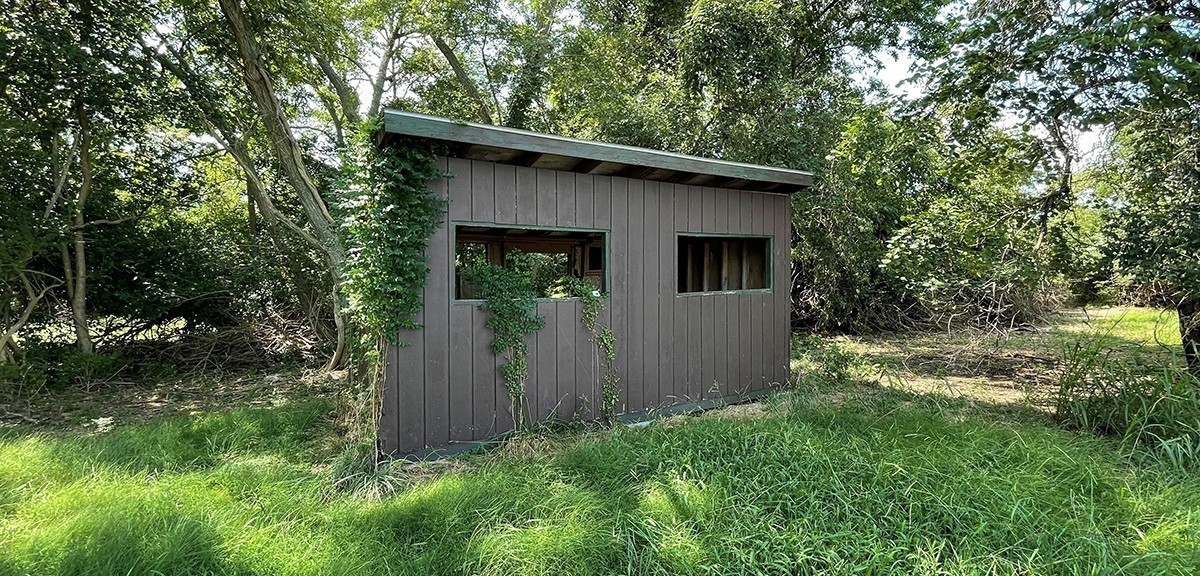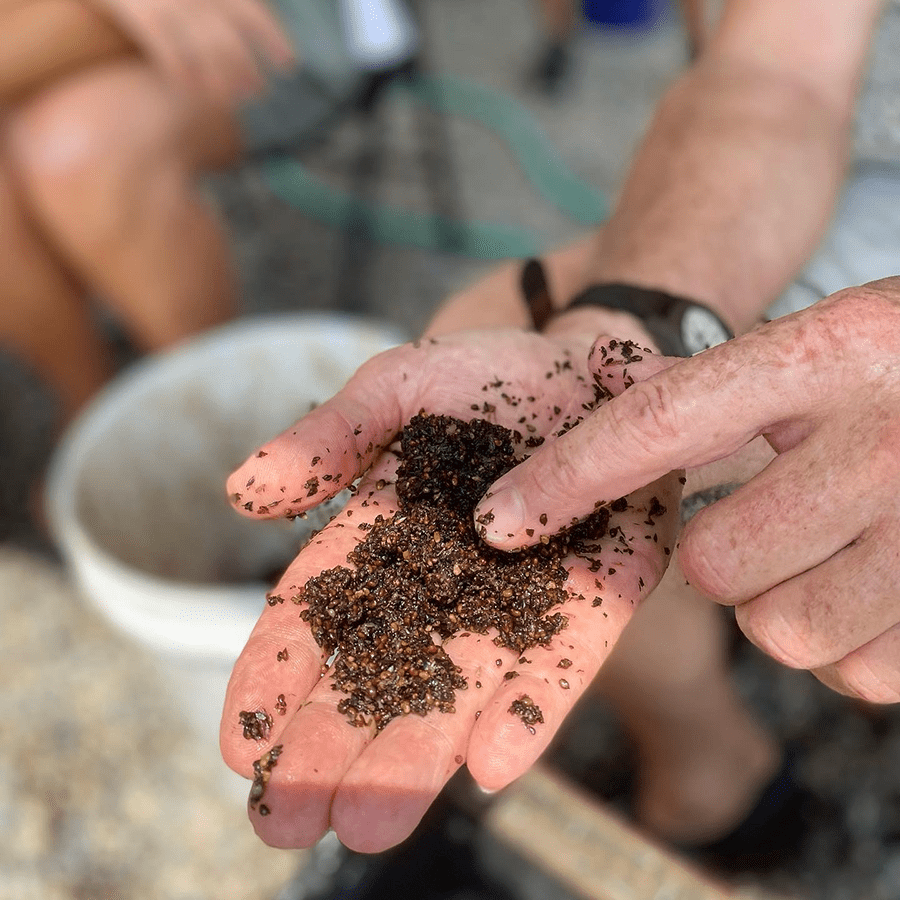
Community in Conservation Grant Recipients
Every year, our Community in Conservation Grant Program accepts funding requests from non-profits and community organizations across the region that are looking to make a difference. The program supports projects that are at the intersection of waterfowl conservation and community, whether they are focused on education and outreach, science and research, or restoration. Ideally, projects include aspects of each focus areas and benefit our waterfowl and the people of our community.
This year, Waterfowl is pleased to support Horn Point’s restoration of a nature trail features used in their environmental education programs and ShoreRivers ongoing project to restore underwater grasses (a critical food source for waterfowl) in several rivers.
2021 Waterfowl Dollars Supported:
$5,000
Horn Point: “Enhancing the Horn Point Nature Trail Experience”
University of MD, Center for Environmental Science
Horn Point Laboratory’s (HPL) outdoor environmental education programs reach more than 3,000 students each year, teaching them about the Bay ecosystem through experiential learning on school or university field trips, HPL’s summer STEM programming and other community educational experiences.
The Cove Trail is part of a network of trails at the eight hundred acre UMCES/HPL campus. Improvements will include renovation of the trail’s wildlife/bird blind and the construction and installation of nesting platforms and boxes. Overall the project aims to better connect students to habitats, research and conservation and improve educational resources that focus on the wildlife and bird ecology of the Choptank River.

$5,000
ShoreRivers: “Underwater Grasses Restoration”
The Bay’s underwater grasses, known technically as Submerged Aquatic Vegetation (SAV), are flowering, vascular plant species that grow in salt, brackish, and fresh waters. They provide immense ecological, acting as feeding grounds for waterfowl and commercially important fish and shellfish, sequester carbon, take up excess nutrients and trap sediment, and they protect shorelines from erosion by slowing tidal action.
ShoreRivers has been working with MD Dept. of Natural Resources and Anne Arundel Community College for the past several years to assist with SAV restoration plantings on the Eastern Shore. Waterfowl funding will compliment an existing grant from the Chesapeake Bay Trust, allowing ShoreRivers to further expand SAV restoration goals. Overall, the project goal is to restore 24 acres of grasses throughout several Delmarva rivers. It will increase populations of native SAV species in an effort to reach Eastern Shore watershed restoration goals outlined set by the Chesapeake Bay Watershed Agreement. The project includes volunteer-supported seed collection and distribution of species including widgeon grass, redhead grass, wild celery and horned pondweed – all key food sources to migratory waterfowl.

Previous Community in Conservation Grant Recipients
2019
- University of Delaware – Project: “Duck Camp” Promoting waterfowl hunter education to new adult students
2018
- Ward Museum of Wildfowl Art – Project: Meaningful Watershed Education Experiences (MWEE’s) for Talbot County Kindergarteners
- University of Delaware – Project: “Duck Camp”: Promoting waterfowl hunter education to new adult students
2017
- MidShore Riverkeeper Conservancy (now ShoreRivers) – Project: Students for Streams
- Delaware Wildlands – Project: “Adopt An Acre” Community Engagement, Habitat Improvement & Wood Duck Conservation Initiative
- University of MD Center for Environmental Science – Project: Biological Mosquito Control by Native Zooplankton

